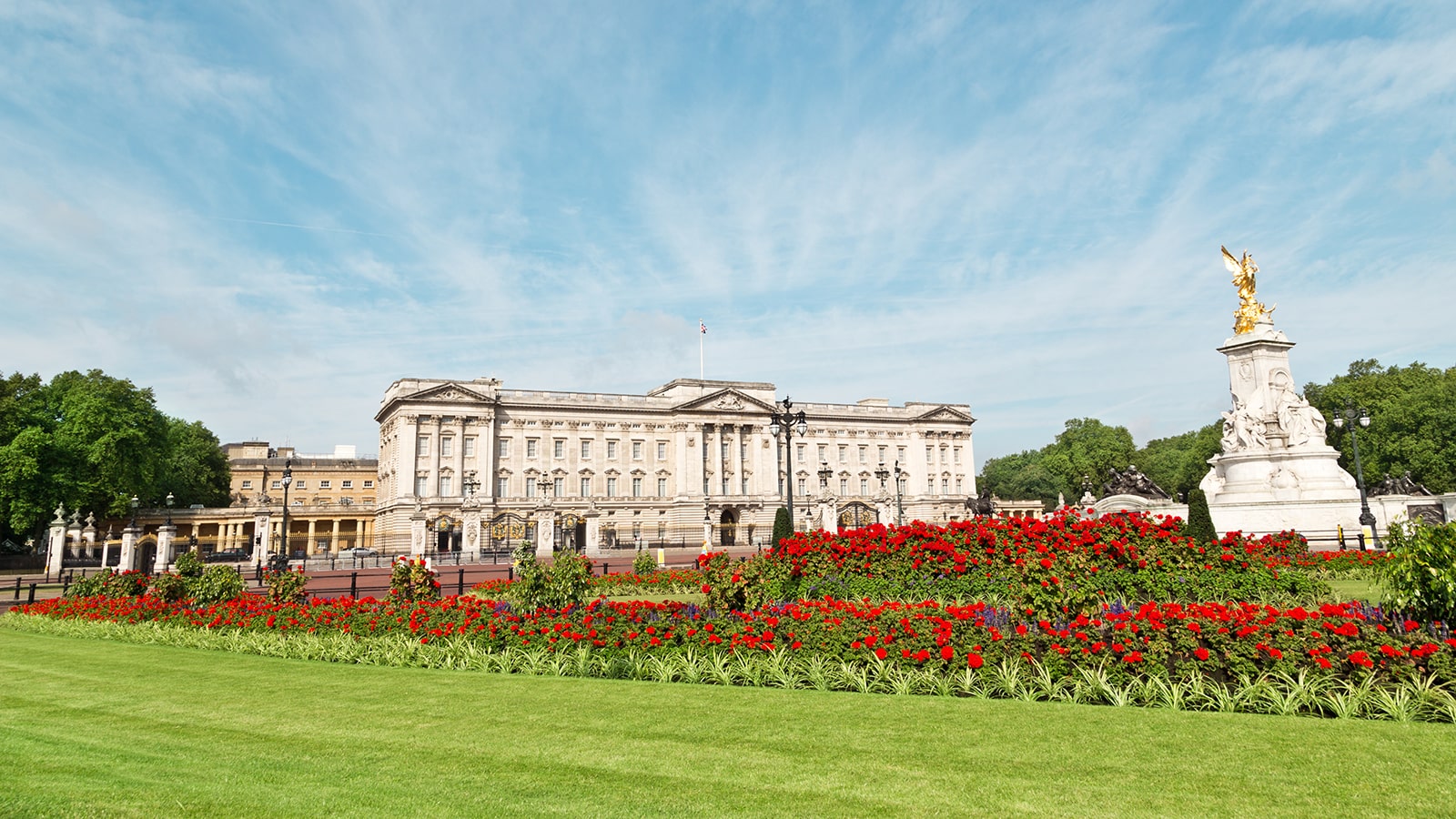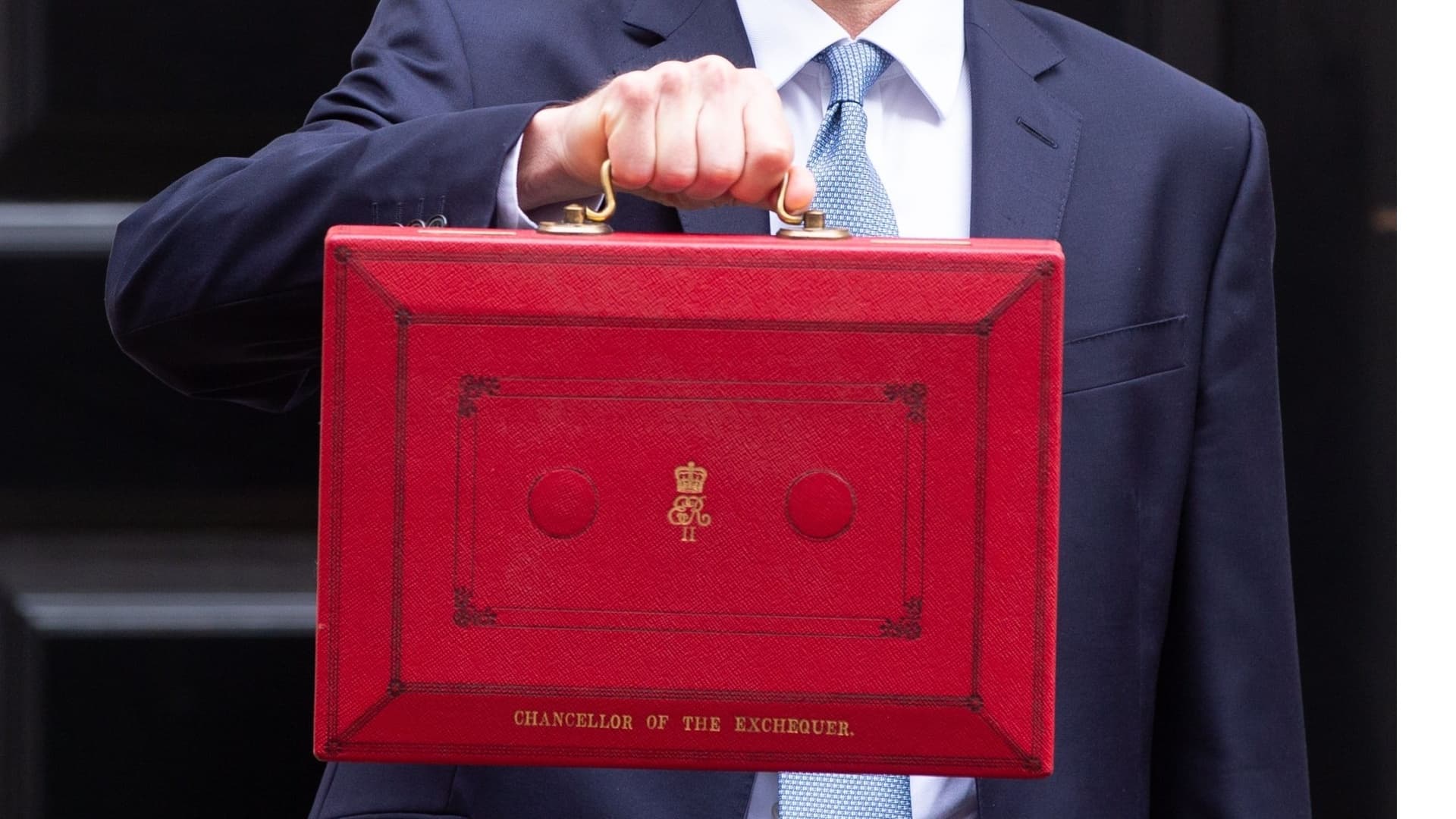
How to talk to your parents about their Last Will and Testament
Posted on: 8th August 2017 in
Retirement Planning
There’s a tricky conversation about estate planning we all should be tackling with our parents: the one where we ask our parents whether they’ve got a Last Will and Testament. The sooner the better! We ask them straight out what they want to do with their assets when they pass on. It’s potentially very awkward. But we’ve got to do it sometime, and do it respectfully as well as systematically. Below Holborn Assets reviews some basic tips to make this chat easier.
Talking to your parents about their financial legacy and their Last Will and Testament is more than a chat. It is the chance for a critical exchange of views, as well as an opportunity for family members to unite in a planning process that — if handled sensibly — can save fortunes and prevent family fallouts.
The Telegraph cites figures from the Office of National Statistics that estimated the UK 2015-2016 inheritance tax haul at around £4.6 bn. Don’t be a contributor if you don’t have to! Speak to your parents, and get estate planning.
Inheritance Tax: What are the basics again?
Thought you’d ask that. The UK Treasury applies a 40% tax on any estate that has a total value of £325,000 or more — that’s the threshold. So, as per the GOV.UK website’s example, an estate worth £500,000 will be taxed at 40% of the £175,000 above the threshold — ie, £70,000 (enough for a mortgage deposit in most regions of the UK, or a nest-egg for the grandchildren).
Leaving everything to children or grandchildren bumps up the threshold to £425,000. Furthermore, if a married person or civil partner passes away and their estate is worth less than the threshold, the unused threshold will be added to the surviving partner’s estate for when they pass, leading to a potential maximum of £850,000.
The transfer of assets occurs as per the contents of a will, which is drawn up by a legal professional and signed by the owner bestowing the estate’s assets to beneficiaries.
At the centre of the process of managing a deceased estate and tying loose ends is the executor — whose role also includes overseeing any tax concerns. The inheritors will pay tax down the line in areas such as the rental income from the tenant of an inherited property.
Any exceptions?
Sure. This 40% reduces to 36% on some assets when 10% or more of that estate’s net value goes to charitable causes.
The tax bill might also be reduced if the owner of the estate gave certain gifts before they passed away – though WHEN exactly they gave that gift makes ALL the difference.
Family trade? You can
get Business Relief of either 50% or 100% on some of an estate’s business assets, which can be passed on when the owner is still alive or as part of a will. These assets include property, machinery and unlisted company shares.
What’s more, some estates are ‘excepted’, either because they are low value, are exempt estates, or are foreign domiciliaries. You can apply for confirmation as to whether an estate will have inheritance tax to pay after the owner has deceased by using the UK Government’s
IHT 400 form.
So what kind of questions should I ask my parents about their estate planning?
- Have you begun ANY estate planning?
Statistics from across the pond are remarkable. USA Today cited a Harris Poll study that found
64% of Americans don’t have a Last Will and Testament. Since the passing of a relative can happen at any time, there’s not a lot of justification in putting off the first couple of steps until ‘tomorrow’.
Here at Holborn Assets we strongly recommend that, if your parents haven’t written a Last Will and Testament – whether they are based in the UK, UAE or elsewhere – make it a priority to persuade them to do so. Why? Not only because of the financial efficiencies to be had but mainly because of the family stress that often ensues otherwise.
- Who will be involved in the process of estate planning in general?
This involves outside professionals, including your parents’ financial adviser and an estate planning lawyer.
But this is not just about deciding which child gets what, but indeed which child DOES what. Choosing the executor role for the Last Will and Testament, for example, is vital. The person need not be a legal eagle, but they must be willing and able to get a grasp on the process, and coordinate the process from tomb to heirloom … so to speak. The phrase used is ‘fiduciary duty’: acting with diligence and good faith.
- What happens if one of your parents gets ill?
This is where your parents’ IFA needs to be engaged. What are your parents’ current health insurance provisions? What liquid cash assets might they have in their pension and savings plans to fund either full-time care or a nursing home?
Moreover, what if a child needs to stop their full-time job to look after their parent? How will this affect the income of that child’s family, and what state support can they apply for as a full-time carer?
- What are your parents’ priorities in dividing the estate?
There are a couple of issues here:
As mentioned above, there are potential tax savings if portions of wealth are given away as gifts – within certain bounds. Older parents might also consider a philanthropic element to their Will, which does not need to be cash but also may include property to worthy causes.
- Division between children – a minefield?
Then, of course, there’s the issue of dividing the assets between the children. Assets only pass when the recipients are specifically stated in the Will; your survivors can’t sort this out after you’ve gone. Furthermore, your parents are likely to have a number of different types of assets suitable for different children:
- Property
- Vehicles, jewellery, commodities
- Businesses, or shares in businesses
- Financial investments
- Cash
- Pension benefits
- Your life policy – who inherits the lump sum?
Clear-eyed planning years in advance lead to a clearer understanding between the children once you’re gone.
Even if a Will has been put in place, it’s important to revisit it and see if vital updates need to be made. Estate planners report that a common issue with Wills is that they do not sometimes account for grandchildren who were not alive when the Will was drafted. Also, consider this: have any of the adult children remarried? If so, how might that dynamic affect the division of assets?
Conclusion
Talking to your parents about their estate planning is not an easy chat to get started; “rumours of estate planning conversations happening by default are greatly exaggerated,” Mark Twain might have said (if he were thinking about critical financial decisions).
But once you’ve got started, you’ve scored a victory already. The key to minimising family disruption and maximising financial efficiency with your parents’ legacy is TALKING ABOUT IT RIGHT NOW.

















